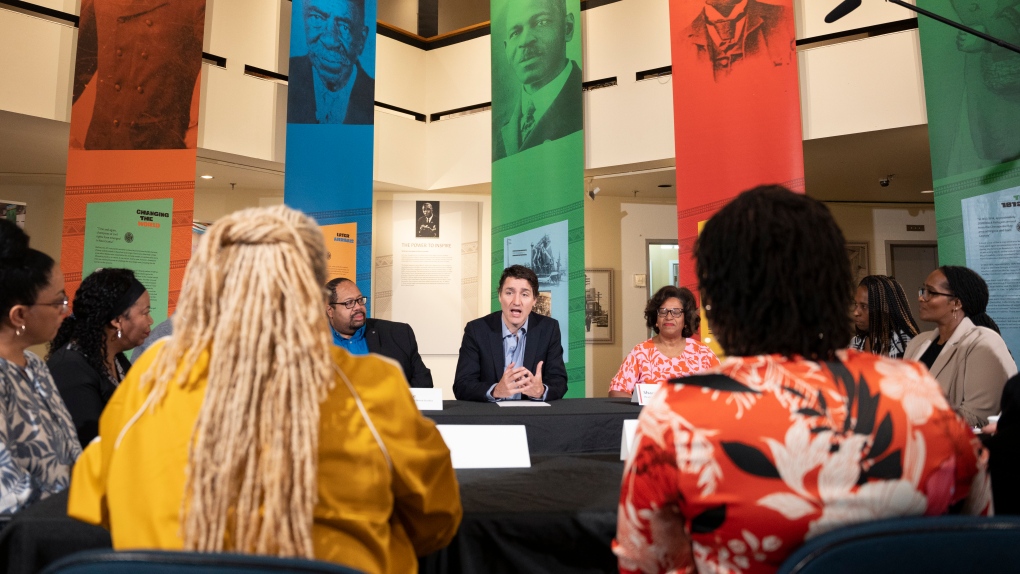
Prime Minister Justin Trudeau was at the Black Cultural Centre for Nova Scotia in Cherry Brook, N.S., Saturday for a roundtable discussion with the Health Association of African Canadians and other community leaders.
The roundtable comes after Trudeau announced in Truro, N.S., on Friday that the federal government will cover the costs of contraception and diabetes medications for Canadians.
“Making sure everyone has access to the care they need and protecting the integrity of universal health care in Canada by standing up to those who want to privatize it,” said Trudeau on Friday.
Trudeau spoke Saturday on the specific health-care initiatives the federal government offers Canadians.
“Specific initiatives like the Black mental health initiative that goes to community organizations to deliver mental health resources in ways that work for the Black community,” said Trudeau.
Trudeau also mentioned other federal programs like the national pharmacare plan and the Canadian Dental plan.
“Over 100,000 seniors just since May 1st have accessed dental care, many for the very first time. That’s making a huge difference not just in healthcare but affordability for people,” said Trudeau.
Sharon Davis-Murdoch of the Health Association of African Canadians said the association wants to build infrastructure outside of Metro Halifax and across the province.
“We have been leaders in Black health in this province. We do have priorities for both Nova Scotia and the Country.”
The association said they would like the government to come up with a 10-year health care plan for the Black community.
“Nationally we would very much like to see a 10-year national plan for Black health with improved outcomes in Canada that will be measured biannually, so we can course correct as we go,” said Davis-Murdoch.
Saturday marks Africa Day. In a statement released by the federal government, Trudeau states this year’s theme is ‘Education Fit for the 21st Century.’
“In the spirit of this year’s Africa Day theme, ‘Education Fit for the 21st Century’, we are working with our African counterparts to support quality education throughout the African continent, including in sexual and reproductive health. Every year, Canada also welcomes tens of thousands of students from African countries, who contribute their talent and innovation to our country.”

